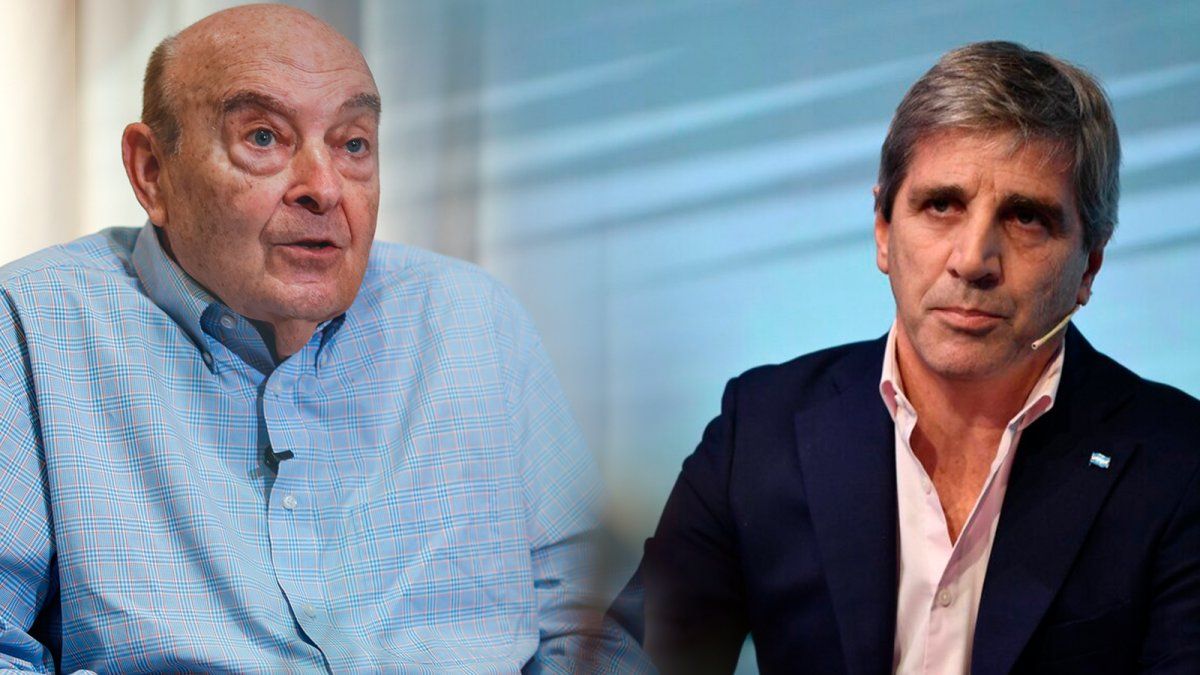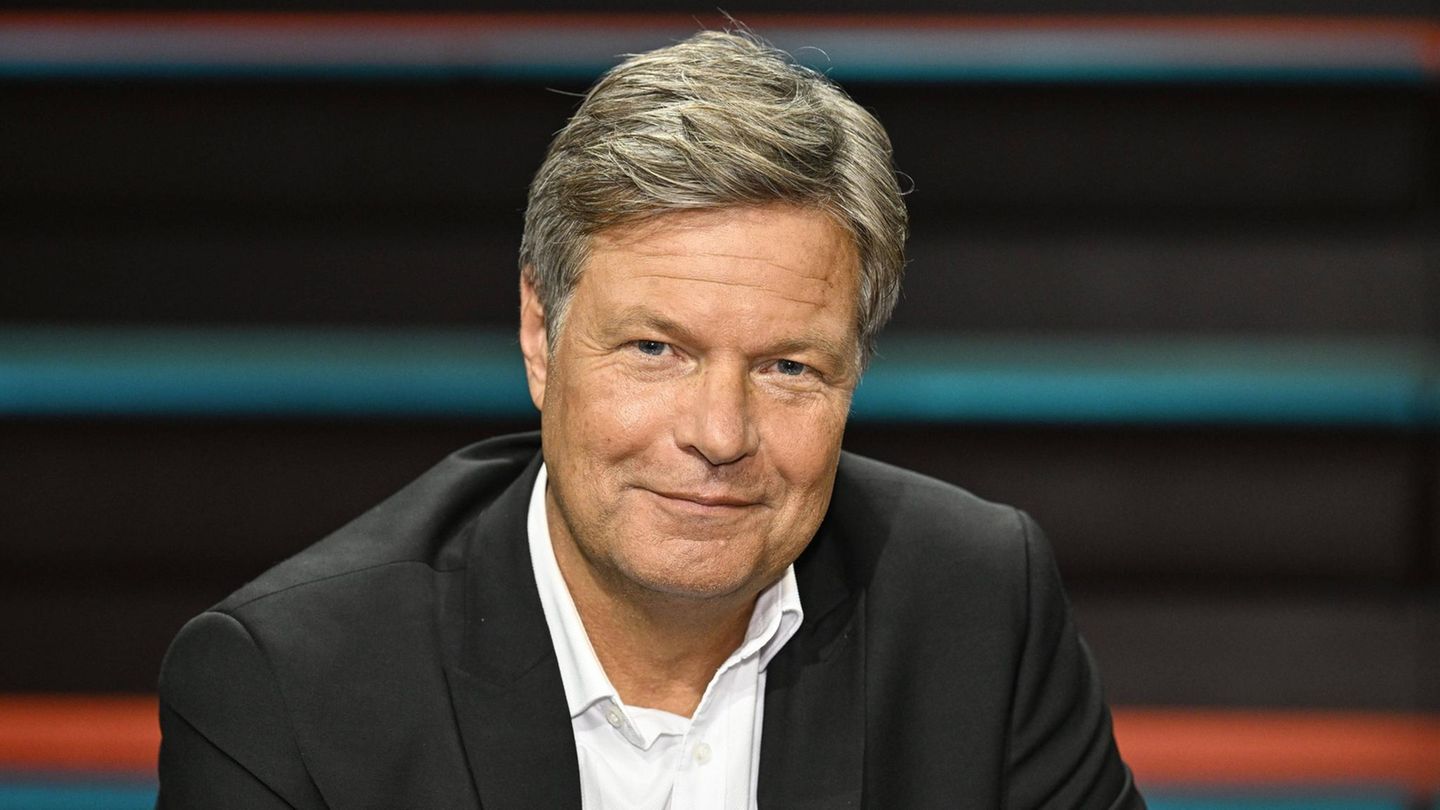The head of the economic research institute, Gabriel Felbermayr, would like a much more concrete plan than previously communicated by the government. “We could be better informed,” said the economist in response to a question in the ORF press hour, what he knew about the plans of the turquoise-green federal government for a possibly necessary gas rationing and distribution.
“We don’t really know the details either.” However, it is urgent and needs to be determined now how the energy can be directed. “There is a risk that we will experience chaos in the fall.” Felbermayr repeatedly brings the possibility of auctions, i.e. auctions, into play. First, however, concrete planning is needed as to which sectors would be affected by restrictions and how.
- ZIB 1: WIFO increases inflation forecast
This video is disabled
Please activate the categories Performance Cookies and Functional cookies in your cookie settings to view this item. My cookie settings
If a sector gets about ten percent less gas, it should be considered where this should be saved within the sector. And this requires accompanying measures at the auctions, so that important companies, which are not weak in terms of liquidity, go away empty-handed. Banks are also in demand for liquidity, according to Felbermayr.
When it came to oil, Felbermayr confirmed Wifo’s point of view. It says that instead of an embargo, it would be better to use import duties for new business. In Austria, Russian crude oil is only indirectly linked to products that reach the Alpine republic from Germany.
Felbermayr on the imbalance in the labor market:
This video is disabled
Please activate the categories Performance Cookies and Functional cookies in your cookie settings to view this item. My cookie settings
Much more important for Austria is crude oil from Kazakhstan. As long as this gets here, the effects of an oil embargo are small, according to Felbermayr. But: This comes over the territory of Russia. “And if the Russians no longer allow that due to an embargo, then we would have a problem in Austria.” According to the economist, an oil embargo against Russia would increase inflation by a further 0.3 to 0.5 percentage points.
Felbermayr on the dependence of the energy supply on Russia:
This video is disabled
Please activate the categories Performance Cookies and Functional cookies in your cookie settings to view this item. My cookie settings
The high inflation, the annual average of which is now likely to be 6.5 instead of the previous 5.8 percent, requires rapid action by the government: social benefits – family allowance, minimum income and care allowance – should be automatically linked to inflation. Counter-financing could be an inheritance tax, which is treated as a “sacred cow” in Austria. For this announcement there was praise from the SPÖ.
The abolition of the cold progression would also be important – especially with regard to the wage rounds in autumn. These would be difficult.
reactions
SPÖ: SPÖ finance spokesman Jan Krainer is not surprised by the warning from the head of the economic research institute (WIFO), Gabriel Felbermayr, in the ORF press hour that there could be chaos in the gas supply in the fall. “The WIFO boss confirms the planlessness and inaction of the turquoise-green federal government. If there are no detailed plans here quickly, then there will be an absolute catastrophe in the event of a crisis! ÖVP and Greens must no longer drive our country blindly against the wall!” , criticizes Krainer. Felbermayr also took up the demand for an inheritance tax: “It would be important to look at it.” Krainer adds: “With a fair levy on inheritances worth millions, we could cushion the crisis for the majority of the population! 98% of the heirs would not be affected by such a levy, but they would benefit from measures against inflation.”
For the autumn pay round: While economists who are more close to employers, such as IV chief economist Christian Helmenstein, have recently warned of a wage-price spiral in what they consider to be too high salary agreements, those close to employees speak of the opposite. Just today, AK chief economist Markus Marterbauer confirmed in the “Kurier”: “If so, it should be called price-wage spiral.” This is also argued by the union. PRO-GE boss and SPÖ politician Rainer Wimmer also told the newspaper that companies could pass on inflation to their customers, but employees could not pass on any of the inflation. Of course, the companies also say that it is difficult to pass on price increases one-to-one and, above all, only with a time lag.
FPÖ: “The black-green federal government must no longer act as an EU appendage and simply nod to the Russia sanctions out of pseudo-morality. Because this is heating up the record inflation and destroying our prosperity and our economy. Chancellor Nehammer must therefore special summit in the next two days to put up clear resistance to the EU’s energy embargo plans, as other member states are already doing,” demanded FPÖ federal party chairman club chairman Herbert Kickl today, referring to the increase in the WIFO inflation forecast to 6.5 percent for 2022 and statements by WIFO boss Felbermayr in the ORF “Press Hour”, according to which an oil embargo alone would increase inflation by up to 0.5 percent.
Source: Nachrichten




